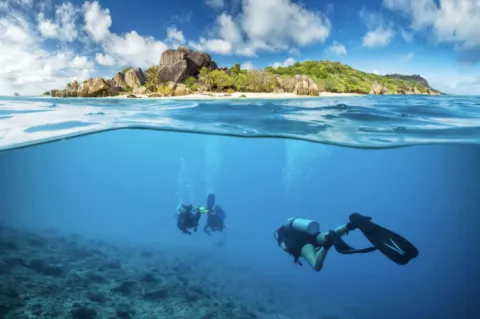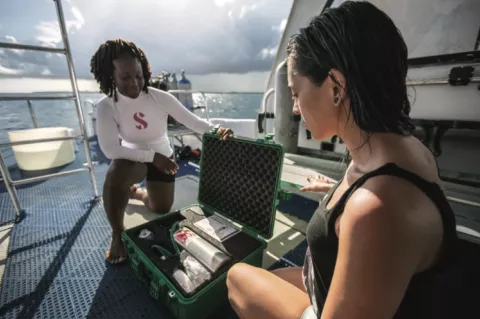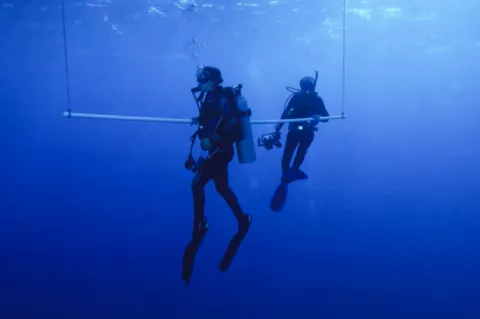Advanced First Aid for Divers
These situations are especially daunting in remote locations. Learning how to respond to some of the most common medical emergencies before your next offshore trip or diving expedition could help you save a life. Do you know how to identify the early warning signs of these common emergencies?
- Read more about Advanced First Aid for Divers
- Log in to post comments





